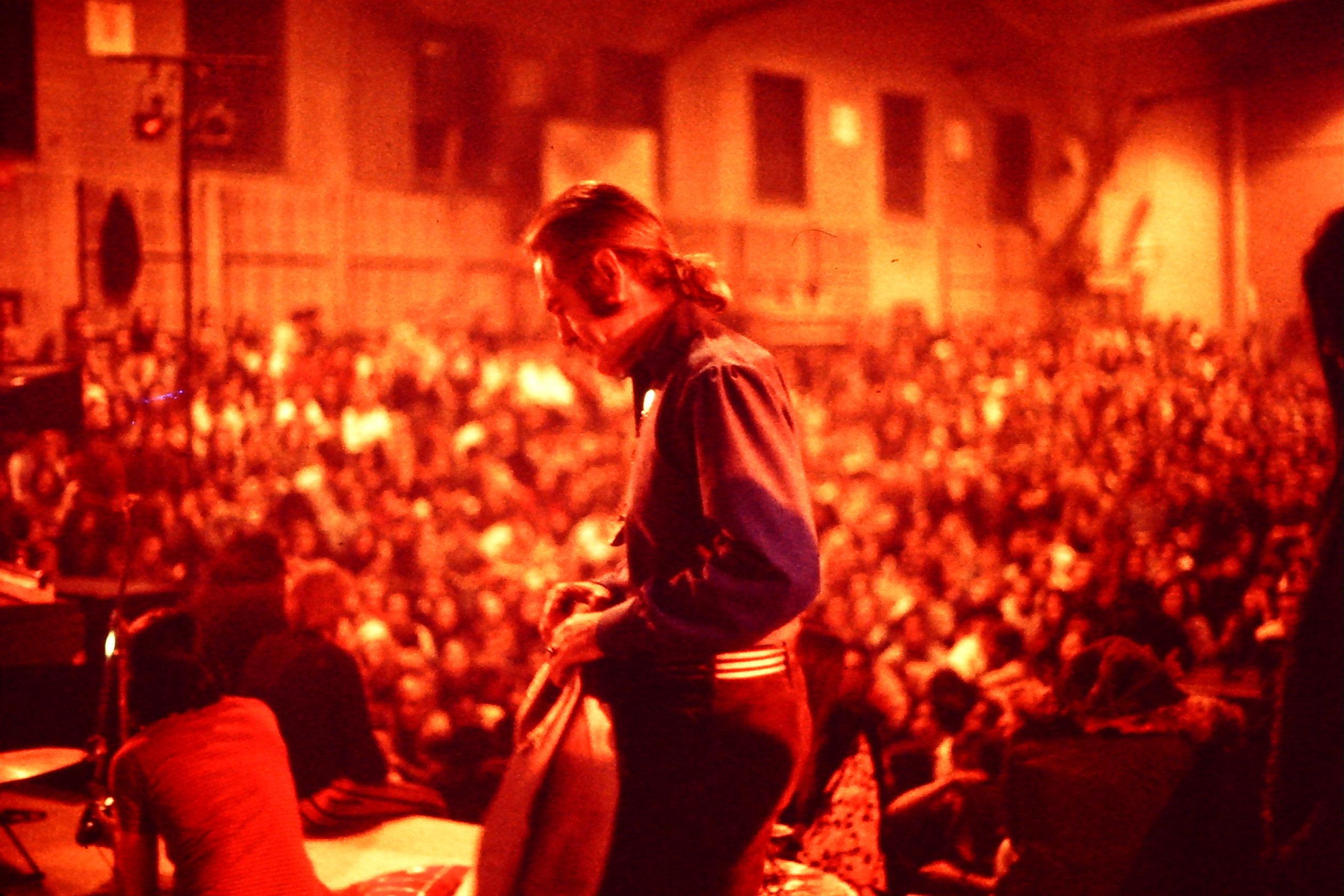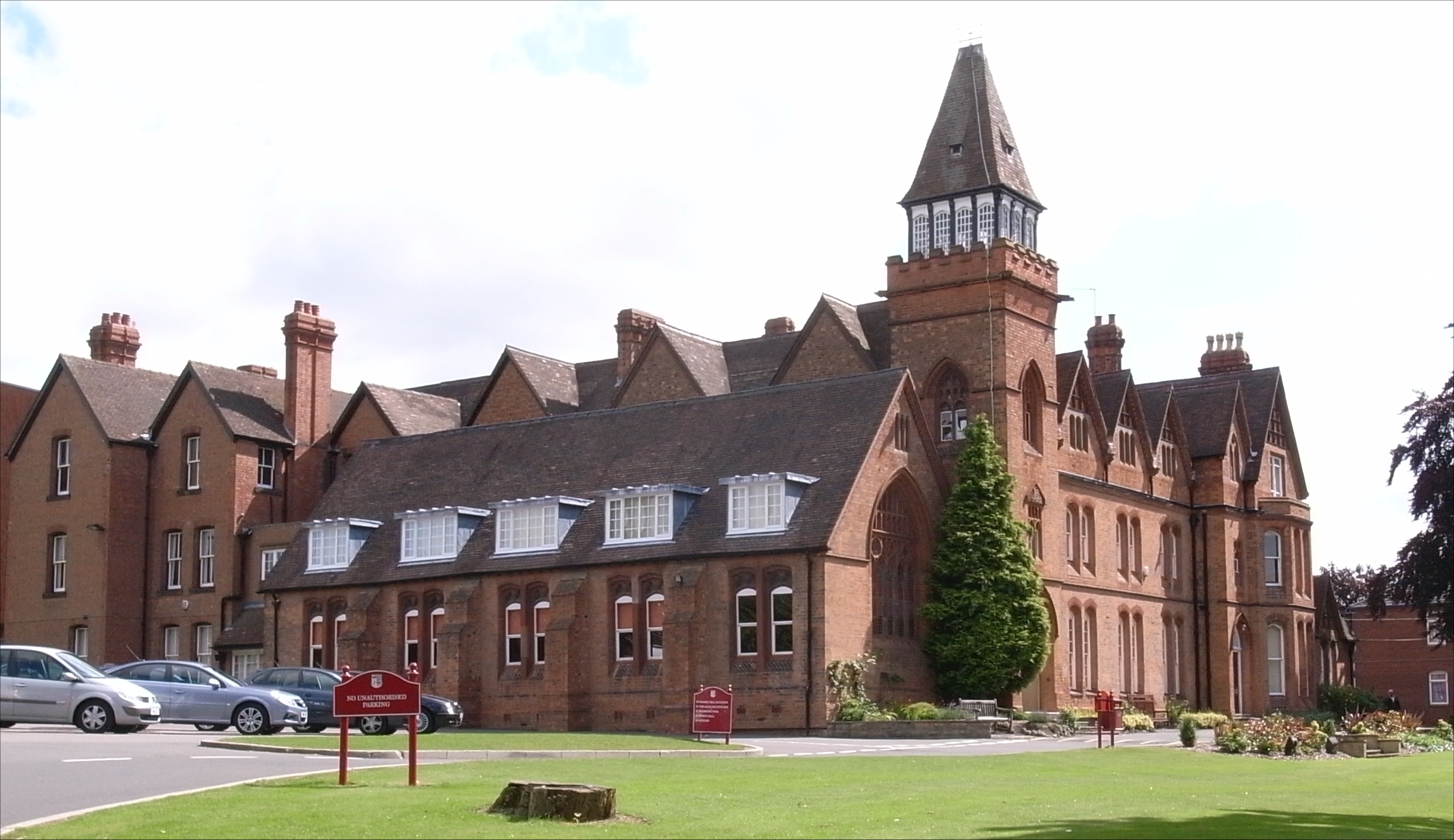|
Cyberia (book)
''Cyberia'' is a book by Douglas Rushkoff, published in 1994. The book discusses many different ideas revolving around technology, drugs and subcultures. Rushkoff takes a Tom Wolfe '' Electric Kool-Aid Acid Test'' style (or ''roman à clef''), as he actively becomes a part of the people and culture that he is writing about. The book goes with Rushkoff as he discusses topics ranging from online culture, the concept of a global brain as put forth in Gaia theory, and Neoshamanism. In the preface of the 1994 edition, Rushkoff describes his book as "about a very special moment in our recent history – a moment when anything seemed possible. When an entire subculture – like a kid at a rave trying virtual reality for the first time – saw the wild potentials of marrying the latest computer technologies with the most intimately held dreams and the most ancient spiritual truths. It is a moment that predates America Online, twenty million Internet subscribers, ''Wired'' magazine, Bill ... [...More Info...] [...Related Items...] OR: [Wikipedia] [Google] [Baidu] |
Dan Kottke
Daniel Kottke () is an American businessman known for being a college friend of Steve Jobs and one of the first employees of Apple Inc. Early life and education Kottke was born on April 4, 1954, in Bronxville, New York. Kottke first met Steve Jobs when they were both undergraduates at Reed College in 1972. In 1974, Kottke and Jobs made a trek in search of spiritual enlightenment to India to visit Neem Karoli Baba at his Kainchi ashram. When they got to the Neem Karoli ashram, it was almost deserted because Neem Karoli Baba had died in September 1973. They then made a long trek up a dry riverbed to an ashram of Haidakhan Babaji."Interview: Apple Employee No. 12 Dan Kottke on Compan ... [...More Info...] [...Related Items...] OR: [Wikipedia] [Google] [Baidu] |
Non-fiction Cyberpunk Media
Nonfiction, or non-fiction, is any document or content (media), media content that attempts, in good faith, to provide information (and sometimes opinions) grounded only in facts and real life, rather than in imagination. Nonfiction is often associated with being presented more Objectivity (philosophy), objectively, like historical, scientific, or otherwise straightforward and accurate information, but sometimes, can be presented more subjectively, like sincerely held beliefs and thoughts on a real-world topic. One prominent usage of nonfiction is as one of the two fundamental divisions of narrative (storytelling)—often, specifically, prose writing—in contrast to narrative fiction, which is largely populated by imaginary characters and events, though sometimes ambiguous regarding its basis in reality. Some typical examples of nonfiction include Diary, diaries, biographies, News story, news stories, documentary films, textbooks, travel books, recipes, and scientific jou ... [...More Info...] [...Related Items...] OR: [Wikipedia] [Google] [Baidu] |
Timothy Leary
Timothy Francis Leary (October 22, 1920 – May 31, 1996) was an American psychologist and author known for his strong advocacy of psychedelic drugs. Evaluations of Leary are polarized, ranging from bold oracle to publicity hound. He was "a hero of American consciousness", according to Allen Ginsberg, and Tom Robbins called him a "brave neuronaut". As a clinical psychologist at Harvard University, Leary founded the Harvard Psilocybin Project after a revealing experience with magic mushrooms in Mexico. He led the Project from 1960 to 1962, testing the therapeutic effects of lysergic acid diethylamide (LSD) and psilocybin, which were legal in the U.S., in the Concord Prison Experiment and the Marsh Chapel Experiment. Other Harvard faculty questioned his research's scientific legitimacy and ethics because he took psychedelics along with his subjects and allegedly pressured students to join in. One of Leary's students, Robert Thurman, has denied that Leary pressured unwilling studen ... [...More Info...] [...Related Items...] OR: [Wikipedia] [Google] [Baidu] |
Genesis P-Orridge
Genesis Breyer P-Orridge (born Neil Andrew Megson; 22 February 1950 – 14 March 2020) was a singer-songwriter, musician, poet, performance artist, visual artist, and occultist who rose to notoriety as the founder of the COUM Transmissions artistic collective and lead vocalist of seminal industrial band Throbbing Gristle. P-Orridge was also a founding member of Thee Temple ov Psychick Youth occult group, and fronted the experimental pop rock band Psychic TV. Born in Manchester, P-Orridge developed an early interest in art, occultism, and the avant-garde while at Solihull School. After dropping out of studies at the University of Hull, P-Orridge moved into a counter-cultural commune in London and adopted ''Genesis P-Orridge'' as their pseudonym. On returning to Hull, P-Orridge founded COUM Transmissions with Cosey Fanni Tutti, and in 1973 they relocated to London. COUM's confrontational performance work, dealing with such subjects as sex work, pornography, serial killers, and ... [...More Info...] [...Related Items...] OR: [Wikipedia] [Google] [Baidu] |
John Draper
John Thomas Draper (born March 11, 1943), also known as Captain Crunch, Crunch, or Crunchman (after the Cap'n Crunch breakfast cereal mascot), is an American computer programmer and former phreaking, phone phreak. He is a widely known figure within the computer programming world and the Security hacker, hacker and security community, and generally lives a nomadic lifestyle. Following the emergence of the Me Too movement in 2017, allegations against him dating back decades surfaced in media reports and in social media posts concerning claims of inappropriate sexual behavior. Draper denied any sexual intent but did not address all of the allegations directly. Early life Draper is the son of a United States Air Force engineer. As a child, he built a home radio station from discarded military components. He was frequently bullied in school and briefly received psychological treatment. After taking college courses, Draper enlisted in the U.S. Air Force in 1964. While stationed in ... [...More Info...] [...Related Items...] OR: [Wikipedia] [Google] [Baidu] |
Terence McKenna
Terence Kemp McKenna (November 16, 1946 – April 3, 2000) was an American ethnobotanist and mystic who advocated the responsible use of naturally occurring psychedelic plants. He spoke and wrote about a variety of subjects, including psychedelic drugs, plant-based entheogens, shamanism, metaphysics, alchemy, language, philosophy, culture, technology, environmentalism, and the theoretical origins of human consciousness. He was called the "Timothy Leary of the '90s", "one of the leading authorities on the ontological foundations of shamanism", and the "intellectual voice of rave culture". McKenna formulated a concept about the nature of time based on fractal patterns he claimed to have discovered in the ''I Ching'', which he called novelty theory, proposing that this predicted the end of time, and a transition of consciousness in the year 2012. His promotion of novelty theory and its connection to the Maya calendar is credited as one of the factors leading to the widespr ... [...More Info...] [...Related Items...] OR: [Wikipedia] [Google] [Baidu] |
Howard Rheingold
Howard Rheingold (born 1947) is an American critic, writer, and teacher, known for his specialties on the cultural, social and political implications of modern communication media such as the Internet, mobile telephony and virtual communities (a term he is credited with inventing). Biography Rheingold was born on July 7, 1947, in Phoenix, Arizona. He graduated from Reed College in Portland, Oregon, in 1968. His senior thesis was entitled ''What Life Can Compare with This? Sitting Alone at the Window, I Watch the Flowers Bloom, the Leaves Fall, the Seasons Come and Go''. A lifelong fascination with mind augmentation and its methods led Rheingold to the Institute of Noetic Sciences and Xerox PARC. There he worked on and wrote about the earliest personal computers. This led to his writing '' Tools for Thought'' in 1985, a history of the people behind the personal computer. Around that time he first logged on to The WELL – an influential early online community. He explored the exper ... [...More Info...] [...Related Items...] OR: [Wikipedia] [Google] [Baidu] |
Mark Abene
Mark Abene (born February 23, 1972) is an American information security expert and entrepreneur, originally from New York City. Better known by his pseudonym Phiber Optik, he was once a member of the hacker groups Legion of Doom and Masters of Deception. Phiber Optik was a high-profile hacker in the 1980s and early 1990s, appearing in ''The New York Times'', ''Harper's'', ''Esquire'', and in debates and on television. He is an important figure in the 1995 nonfiction book ''Masters of Deception: The Gang That Ruled Cyberspace'' (). Early life Abene's first contact with computers was at around 9 years of age at a local department store, where he would often pass the time while his parents shopped. His first computer was a TRS-80 MC-10 with 4 kilobytes of RAM, a 32-column screen, no lower case, and a cassette tape recorder to load and save programs. As was customary at the time, the computer connected to a television set for use as a monitor. After receiving the gifts of a RAM ... [...More Info...] [...Related Items...] OR: [Wikipedia] [Google] [Baidu] |
Mitch Kapor
Mitchell David Kapor ( ; born November 1, 1950) is an American entrepreneur best known for his work as an application developer in the early days of the personal computer software industry, later founding Lotus, where he was instrumental in developing the Lotus 1-2-3 spreadsheet. He left Lotus in 1986. In 1990 with John Perry Barlow and John Gilmore, he co-founded the Electronic Frontier Foundation, and served as its chairman until 1994. In 2003, Kapor became the founding chair of the Mozilla Foundation, creator of the open source web browser Firefox. Kapor has been an investor in the personal computing industry, and supporter of social causes via Kapor Capital and the Kapor Center. Kapor serves on the board of SMASH, a non-profit founded by Klein to help underrepresented scholars hone their STEM knowledge while building the networks and skills for careers in tech and the sciences. Early life and education Kapor was born to a Jewish family in Brooklyn, New York, and raised in Fre ... [...More Info...] [...Related Items...] OR: [Wikipedia] [Google] [Baidu] |
Fraser Clark
Fraser Clark (d. 21 January 2009), was one of the leaders of the global technogaian movement. As founder and editor of Encyclopaedia Psychedelica, he outlined his views on entheogens and nature, and was a key advocate of the outdoor rave movement, hosting regular, small, indoor festivals such as those held at his central London club, Megatripolis. Clark believed the 1990s were the 1960s upside-down (9 being an upside-down 6). He advocated a new form of hippie—the "Zippie"—who would balance the "techno right brain" with the "hippy left brain", embracing nature, peace and love, as well as technology. In 1989, he and Marcus Pennell organised the first Zippie Picnic on Hampstead Heath in London. Zippie Picnics continue to this day. Clark staged many pranks, particularly against the government of Margaret Thatcher and then John Major. He opposed the Poll Tax and later Criminal Justice Bill. Clark also engaged American youth culture on topics related to the Pronoia tour. In 2008, h ... [...More Info...] [...Related Items...] OR: [Wikipedia] [Google] [Baidu] |


.jpg)
